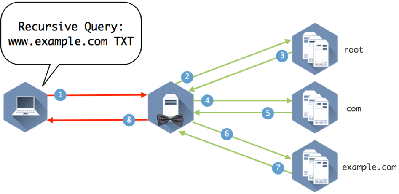rgnldo
Very Senior Member
Unbound is a validating, recursive, caching DNS resolver. It is designed to be fast and lean and incorporates modern features based on open standards. Late 2019, Unbound has been rigorously audited, which means that the code base is more resilient than ever.
To help increase online privacy, Unbound supports DNS-over-TLS which allows clients to encrypt their communication. In addition, it supports various modern standards that limit the amount of data exchanged with authoritative servers. These standards do not only improve privacy but also help making the DNS more robust. The most important are Query Name Minimisation, the Aggressive Use of DNSSEC-Validated Cache and support for authority zones, which can be used to load a copy of the root zone. [about] [documentation]

For those who want a simplified script-installer unbound_manager (also available on amtm - the Asuswrt-Merlin Terminal Menu) there is another specific thread with support back to the script.
To help increase online privacy, Unbound supports DNS-over-TLS which allows clients to encrypt their communication. In addition, it supports various modern standards that limit the amount of data exchanged with authoritative servers. These standards do not only improve privacy but also help making the DNS more robust. The most important are Query Name Minimisation, the Aggressive Use of DNSSEC-Validated Cache and support for authority zones, which can be used to load a copy of the root zone. [about] [documentation]

For those who want a simplified script-installer unbound_manager (also available on amtm - the Asuswrt-Merlin Terminal Menu) there is another specific thread with support back to the script.
Last edited:


